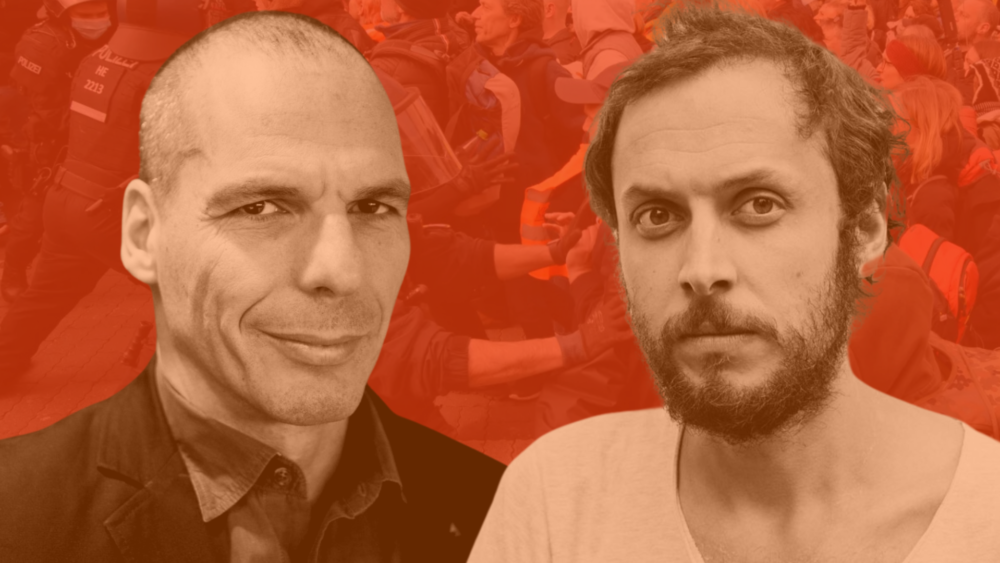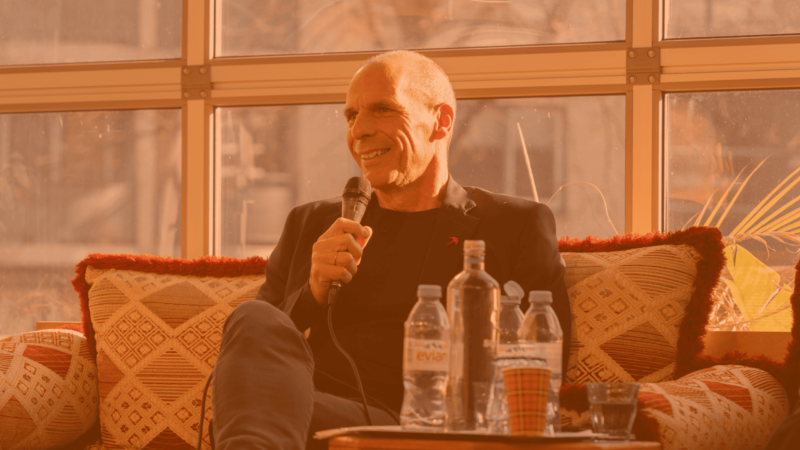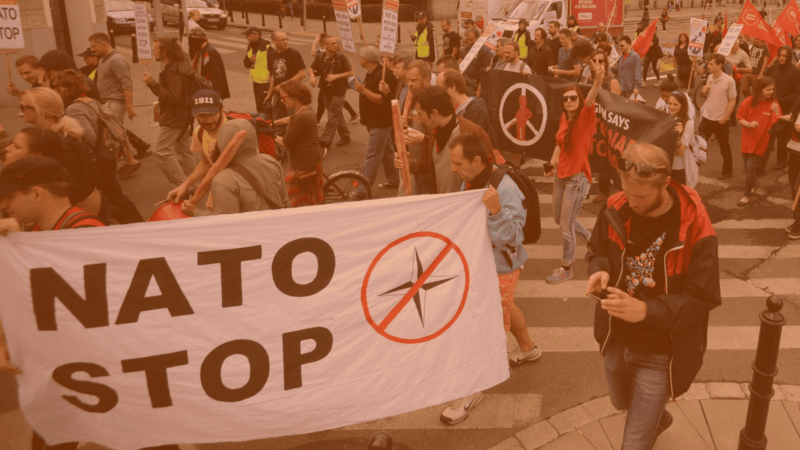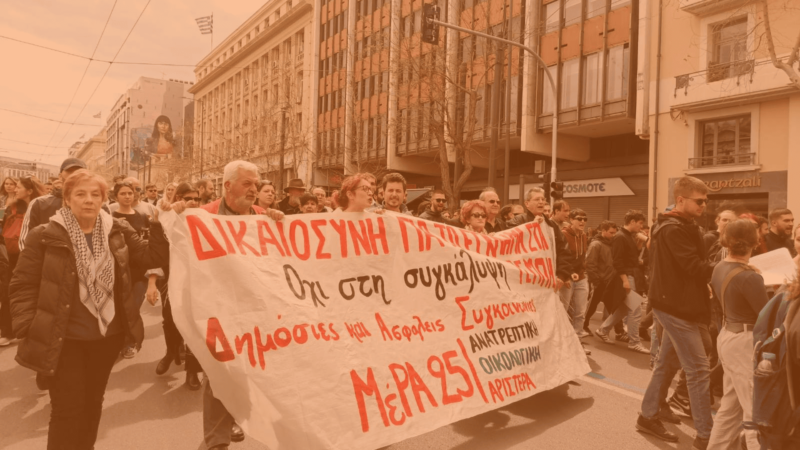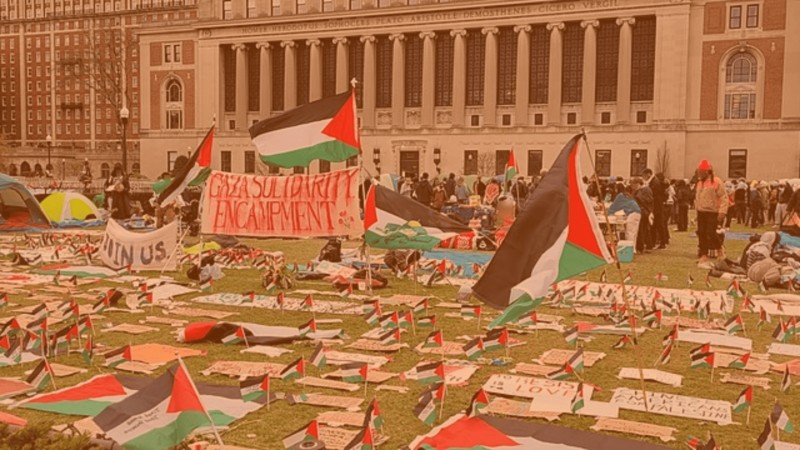As 2024 draws to a close, Europe finds itself at a crossroads. A year marred by conflict, authoritarianism, and socio-political fractures has underscored the challenges facing the continent. In our most recent DiEM25 livestream, titled ‘Is 2025 Europe’s last chance?’ Yanis Varoufakis and Srećko Horvat explored these turbulent times and examined whether 2025 could represent a final opportunity for Europe to reclaim relevance, democracy, and unity.
2024: A year of upheaval and missed opportunities
Yanis Varoufakis highlighted a defining theme of 2024: Palestine. As global powers ignored the unfolding genocide in Gaza, Europe’s complicity and silence became emblematic of its moral and political decline. Yanis reminded us that the Israeli occupation’s defiance of international law, and the broader West’s support of this, casts a long shadow over global justice.
At the same time, Europe’s internal fractures deepened. Political paralysis gripped Germany, while France’s government collapse and Romania’s nulled election mirrored the continent’s democratic fragility. Economically, Europe continued to grapple with the legacy of austerity and an industrial model unprepared for the green revolution. Yanis likened Europe’s stagnation to the demise of Olivetti’s electric typewriters in the face of emerging personal computers: innovation elsewhere, decline at home.
The radical imperative for 2025
With 2025 marking a decade since our foundation, the original question of “how long does Europe have to fix itself?” looms large. Yanis contends that Europe’s last chance for institutional reform may have passed in 2019 and that, today, the continent must focus on grassroots action rather than institutional salvation.
Srećko echoed this sentiment, underscoring the urgency of resisting fascism and creating parallel institutions of autonomy. He cited the Kurdish model of democratic confederalism as an example of grassroots empowerment, built on direct democracy and ecological responsibility. “Archipelagos of autonomy” – local, self-governing entities – offer a blueprint for countering both state oppression and corporate overreach.
A call to action
The outlook is far from rosy, but both Yanis and Srećko highlighted the necessity of hope. Resistance, they argued, is never futile. Srećko described how movements around the world, from the Kurdish regions to Serbia’s protests against lithium mining, demonstrate the power of localised, collective action. Yanis stressed the importance of building solidarity among the many to counter the fragmentation and decline that neoliberal policies have brought on Europe.
Next year may not be Europe’s literal last chance, but it is a pivotal moment. With the rise of techno-feudalism, climate catastrophe, and escalating conflicts, Europe’s citizens must reclaim agency.
Srećko added towards the end of our livestream that “we must create the infrastructure for real democracy, not resilience to crisis, but resistance to injustice,” which are certainly words to refer to in the coming year.
Do you want to be informed of DiEM25's actions? Sign up here





